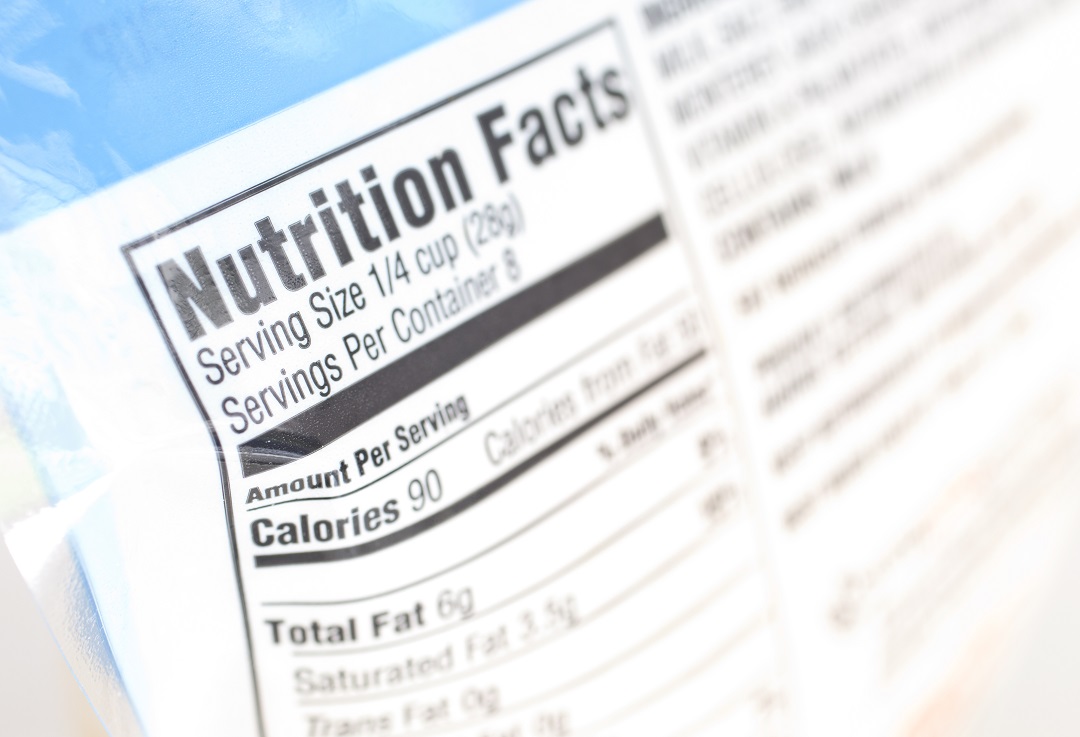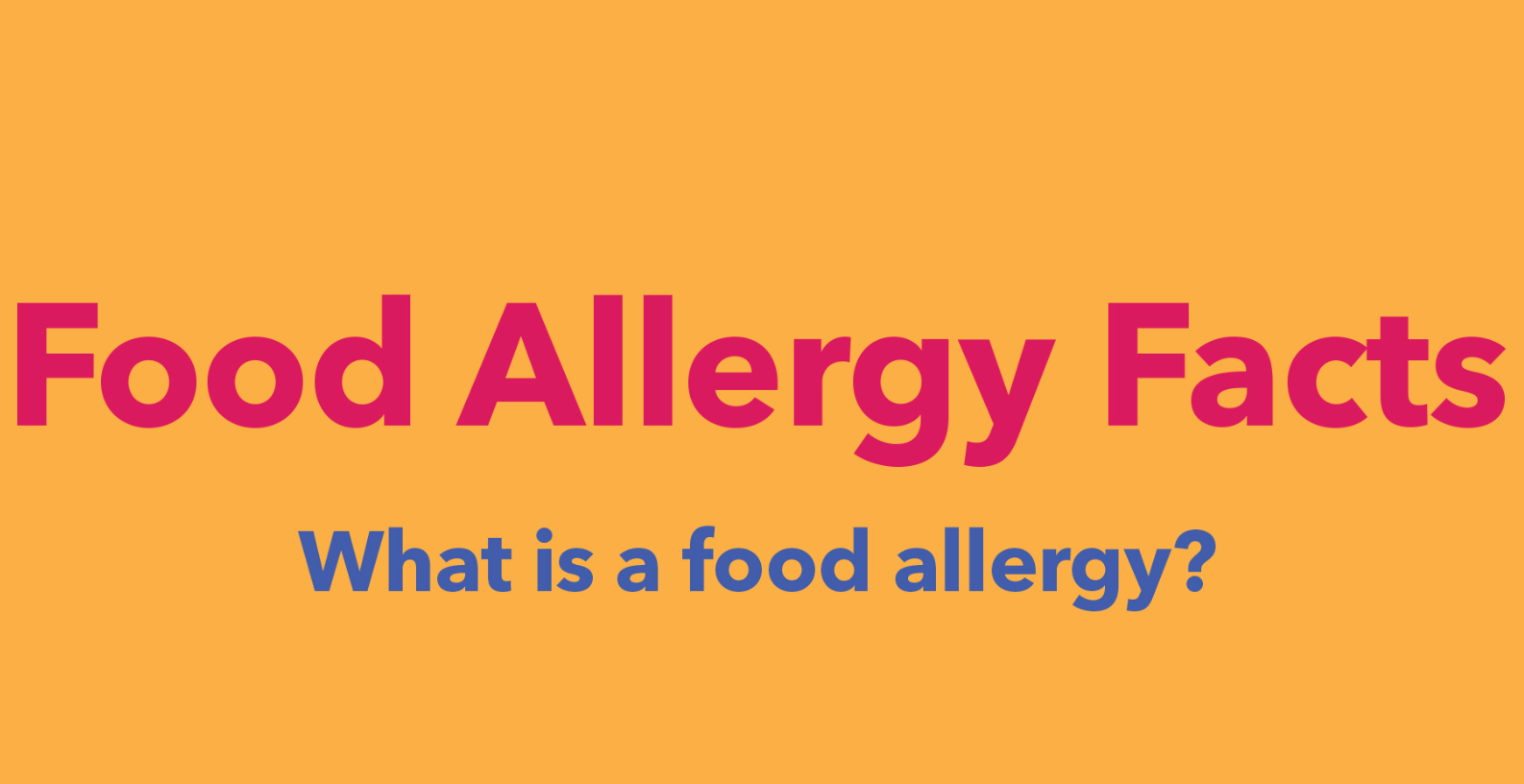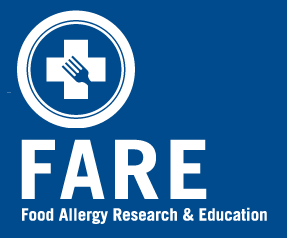Due to the growing awareness of food allergies and the reoccurrence of what could have been preventable deaths and injuries related to those allergies.


Due to the growing awareness of food allergies and the reoccurrence of what could have been preventable deaths and injuries related to those allergies.

The meetings industry has come a long way in understanding the importance of identifying allergens at group meals. Labeling buffet items and identifying ingredients in menus is pretty much standard procedure for hotels and caterers. In the consumer sector, this progress started in 2004 with the Food Allergen Labeling and Consumer Protection Act. The legislation required manufacturers to identify if their prepackaged foods contained one of the eight major allergens in the U.S. – milk, eggs, fish, shellfish, peanuts, wheat, soybeans and tree nuts. At the time, these accounted for 90 percent of U.S. allergens. Eleven years later, a…

As we end this series on vegan education, I am excited to share insight from chef and plant-based educator, Chad Sarno. Along with brother Derek, Chad brought forth his Boston roots and created the concept of “Wicked Healthy” culinary arts: 80 percent healthy eating combined with an allowable 20 percent of wickedness. The healthy part is rooted in vegetables, and Chad sees the Veganuary movement as a solid introduction to eating plant-based. “Veganuary has been a kick-start for a lot of people who want a step-by-step program to go vegan,” Chad says. “It’s really been a huge catalyst for…

This is an important reference. Please bookmark and keep it handy to share when someone has questions or when teaching moments present themselves. To download this Infographic, click thrive! Food Allergy Facts Infographic

Food labeling is a growing concern for millions on a global level. It tells us the nutritional content, ingredients that may be harmful, like allergens, and other important info such as whether an item is halal, kosher, or heart healthy. Consumers are also increasingly confused by value-added labels, such as non-GMO, organic, and free-range. Food label laws are barely keeping up with consumer’s needs, but here’s what you need to know when it comes to dietary restrictions. At thrive! it’s important consumers and professionals both understand what these labels mean, but the meetings and events industry, HR professionals, caterers, and…

How One Meeting Eliminated Apple to Create a Safe Space for a Food-Allergic Attendee Last month I met a woman with an apple allergy. Yes, an apple allergy. I’m sure some of you can’t believe it, but it’s a real thing, and it can be fatal. While I’ve known others with an apple allergy, Leticia’s is the most severe I’ve encountered. As she explained in her registration form, she is “highly, deathly allergic” to apples, “both ingested and inhaled from others eating nearby.” This was vital information to know about her, since I was analyzing and coding catering menus to…

The Turn-It-Teal project began in 2014 as a way to increase awareness around food allergies. Now it’s a movement and it’s keeping kids safe on Halloween. Every year, children across the country dress up as their favorite heroes and action figures to collect those precious sweets, door-to-door. However, there is a growing challenge these kiddos face. For many, candy is just a decadent one-night sugar coma. For a growing number of kids, the unknowns in that handful of candy, can be life-threatening. And while overeating candy is going to lead to a stomach ache for most kids on Halloween,…

If you’ve been enjoying this series, make sure you are up to date on all previous installments: Lessons for Human Resources Professionals: The Care and Feeding of Employees – Part One » Lessons for Human Resources Professionals: Health and Wellness Programs – Part Two » Lessons for Human Resources Professionals: Supporting Employees Dietary Needs – Part Three » Legal Implications Any good human resources professional understands that fostering a safe and inclusive workplace is good business—but in some cases, it is also the law. The Rehabilitation Act of 1973 prevents discrimination on the basis of a disability in programs and…


This month, FARE filed a complaint with the U.S. Department of Transportation against American Airlines for violations of the Air Carrier Act. FARE is seeking to protect the rights of individuals with food allergies who travel by air. This complaint addresses American Airlines’ written policy prohibiting passengers managing food allergies from pre-boarding – a policy that is a violation of the Air Carrier Access Act, which states pre-boarding must be offered to passengers with a disability who self-identify as needing additional time or assistance to board. Through our filing of this complaint, FARE is calling on the DOT to take…